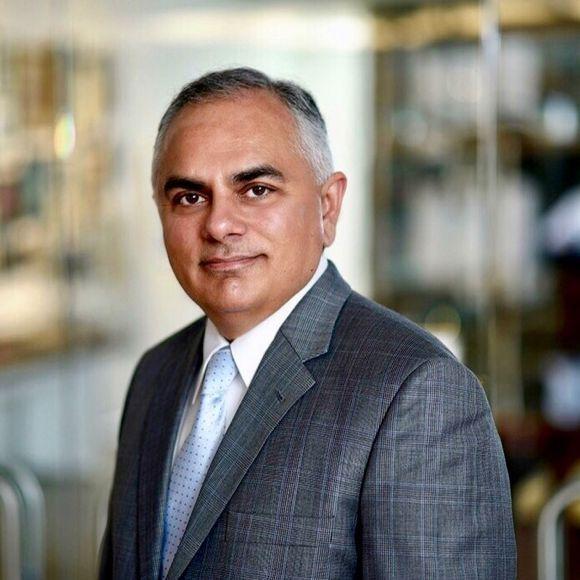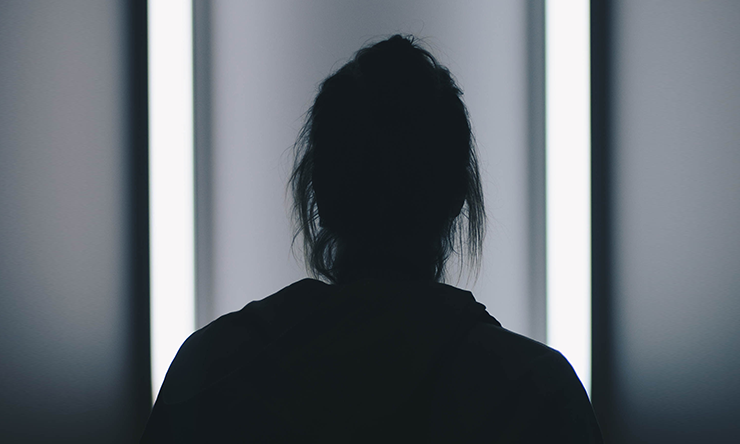One year later: Hurricane Harvey's impact on mental health

This August will mark one year since Hurricane Harvey devastated the Houston area, and even now, many people are still feeling the toll the storm has taken on their mental health. ˛ÝÁńÉçÇřČëżÚ expert Dr. Asim Shah discusses mental health one year after the storm.
“The first month after Harvey, we saw a lot of anxiety and insomnia. Close to a year after Harvey, we are still seeing depression and anxiety and post-traumatic stress disorder as well. We aren’t seeing insomnia as much anymore,” said Shah, professor and executive vice chair in the Menninger Department of Psychiatry and Behavioral Sciences at Baylor.
The storm triggered these issues for some people who had not experienced them in a significant way previously. But Harvey also triggered a return of anxiety, depression and PTSD symptoms in many people who had previously dealt with these disorders but had improved, Shah said.
Symptoms of anxiety, depression, and PTSD
The key symptom of anxiety is worry that impacts day-to-day functioning and lasts over six months, he said.
Major signs of depression are loss of interest in activities that previously were enjoyable and feeling hopeless and helpless. People who are dealing with depression are not able to see the light at the end of the tunnel, Shah explained. Eating too much or not enough and sleeping too much or not enough also can be a symptom of depression.
Post-traumatic stress disorder can occur after a life-threatening trauma like Harvey, Shah said. People with PTSD can experience hypervigilance, suffer from flashbacks and have nightmares, and they often avoid situations that caused the trauma. People with PTSD due to Harvey often avoid going out in the rain and become extremely worried when rain is in the forecast.
How to cope with anxiety, depression, and PTSD
To help cope with anxiety, depression and PTSD, it is important to figure out ways to reduce stress. For example, some people are experiencing financial strain from Harvey so a way to ease this stress is to access resources to help find or maintain a job. Anxiety over rain and potential storms can be managed using biofeedback techniques. Biofeedback is used to teach patients how to properly respond to their anxiety and learn how to manage and control it without the use of medications. They also learn relaxation skills, ways to manage an anxiety attack and how to recognize, reduce and control stress responses. Cognitive behavioral therapy is used to help manage depression.
“If you are experiencing symptoms of anxiety, depression or PTSD, the best first step is to reach out to a mental health professional,” Shah said. “Don’t be afraid to take this step. Just because you see a mental health professional does not mean that you will be put on medication or that you will be in therapy for a long time.”



